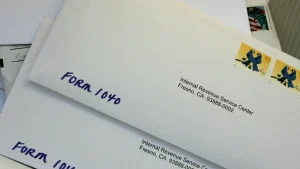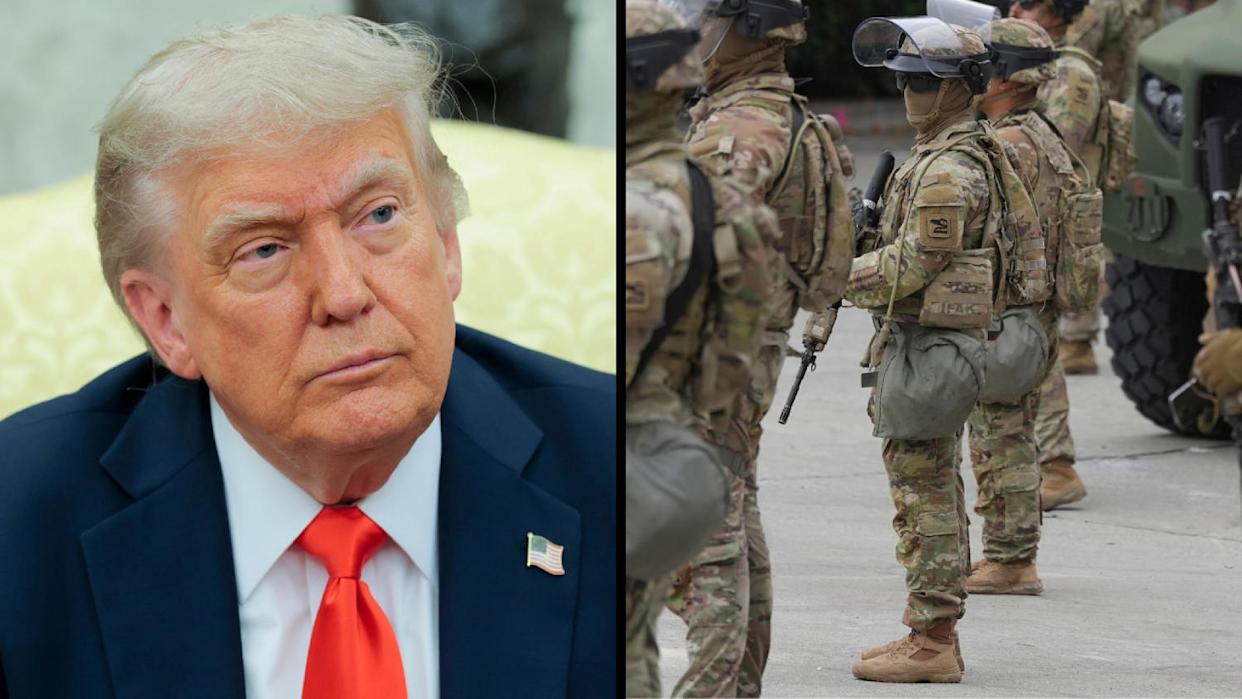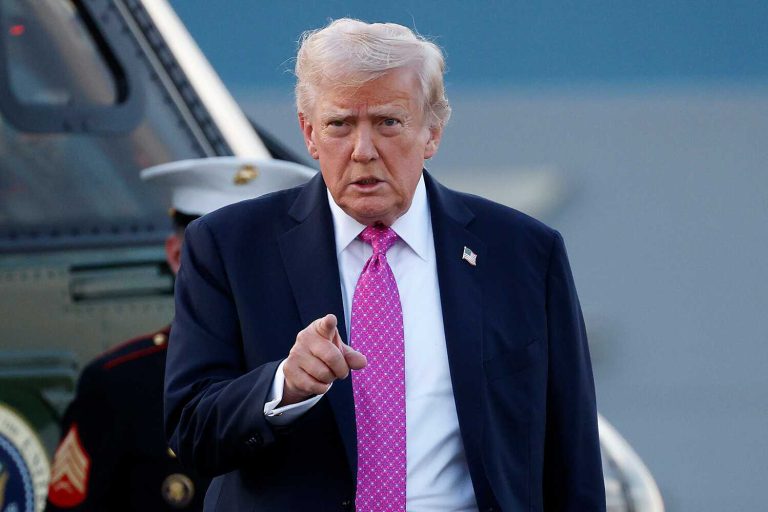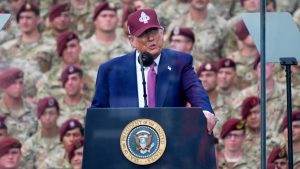NOTE: VIDEO AT THE END OF THE ARTICLE.
On June 12, 2025, a federal appeals court issued a temporary stay that reinstated former President Donald Trump’s control over the California National Guard, reversing a lower court ruling that had ordered the guard returned to California Governor Gavin Newsom. The move allows the Trump administration to maintain command of the National Guard in California for at least four more days as protests and unrest continue in Los Angeles.
The decision by the Ninth U.S. Circuit Court of Appeals came shortly after U.S. District Judge Charles Breyer ruled earlier that day that Trump’s federalization of the California National Guard was illegal. Judge Breyer’s order stated that Trump had exceeded his statutory authority and violated the Tenth Amendment, which protects state sovereignty. Breyer demanded that control of the Guard be returned to Governor Newsom immediately.
The legal conflict centers on whether Trump had followed federal law properly in federalizing the state’s National Guard. Governor Newsom’s lawsuit challenged the administration’s use of Section 12406 of federal code, which permits the president to take command of the National Guard under specific circumstances such as invasion or rebellion. Newsom argued that Trump had failed to comply with the law’s requirement that such orders be issued through the state governor.
During the hearing, Breyer questioned whether Trump’s federalization order was properly routed through Governor Newsom. Instead, the Trump administration sent the directive to the adjutant general of the California National Guard. The order, signed by Defense Secretary Pete Hegseth, was addressed “through” the governor but not directly issued by him, a procedural detail Breyer described as legally insufficient.
Breyer expressed concern that circumventing the governor in this manner upset the constitutional balance between federal and state powers, warning it could set a dangerous precedent for future military involvement in domestic affairs. He also noted that the situation did not meet the law’s criteria for federal intervention, such as invasion or rebellion.
Additionally, Breyer found that Trump’s decision violated the Posse Comitatus Act, which limits the use of military forces for domestic law enforcement purposes. The ruling did not directly affect the deployment of Marines in California, who are expected to replace some National Guard troops on the ground.
The Justice Department, represented by attorney Brett Shumate, argued that Trump had complied with federal law and that the court should not review the president’s authority. California’s legal team, led by Nicholas Green, countered that the administration was interpreting federal power too broadly and bypassing state authority.
The appeals court did not provide a detailed explanation for its temporary stay, which is set to last until at least June 16, giving the Trump administration more time to maintain control amid the ongoing unrest. The legal battle highlights the complex tensions between federal authority and states’ rights, especially in managing responses to civil disturbances.
PLAY:
https://www.youtube.com/watch?v=uCjKgl8s4o8

James Jenkins is a celebrated Pulitzer Prize-winning author whose work has reshaped the way readers think about social justice and human rights in America. Raised in Atlanta, Georgia, James grew up in a community that instilled in him both resilience and a strong sense of responsibility toward others. After studying political science and creative writing at Howard University, he worked as a journalist covering civil rights issues before dedicating himself fully to fiction. His novels are known for their sharp, empathetic portraits of marginalized communities and for weaving personal stories with broader political realities. Jenkins’s breakout novel, Shadows of Freedom, won national acclaim for its unflinching look at systemic inequality, while his more recent works explore themes of identity, resilience, and the fight for dignity in the face of oppression. Beyond his novels, James is an active public speaker, lecturing at universities and participating in nonprofit initiatives that support literacy and community empowerment. He believes that storytelling is a way to preserve history and inspire change. When not writing, James enjoys jazz music, mentoring young writers, and traveling with his family to explore cultures and stories around the world.







